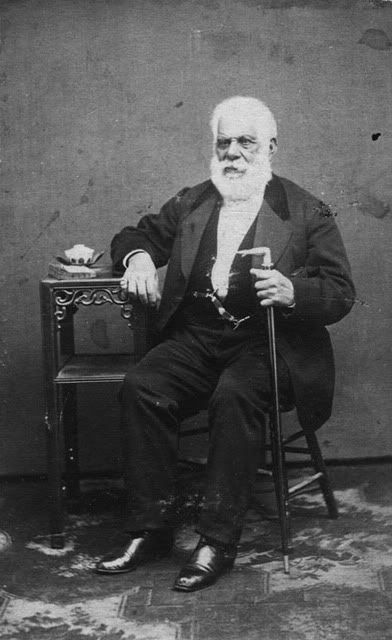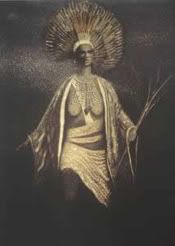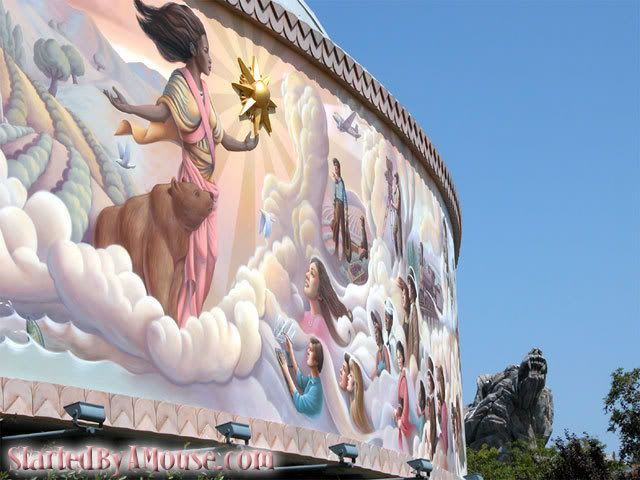
It is well documented that of the 44 people who founded the City of Los Angeles, 26 were of Afrikan descent. What is amazing and not taught in California schools is that the majority of the founders of San Francisco, San Jose and San Diego were of Afrikan descent, or that Orange County, Beverly Hills and Malibu were once owned by people of Afrikan descent.

Pio Pico, brother of Andre
The Picos, Black Spanish speaking brothers, Pio and Andres, the former twice California governor, owned San Fernando Valley, Whittier and the Camp Pendleton area.
California is in the media everyday. It is incredible most California residents know nothing about the state being named after a Black Woman queen. The genesis of the name begins with a story read by Spanish explorer Hernando Cortez, who conquered Mexico, killed Montezuma, ended the Aztec empire before entering Baja California, continuing his search for gold.
The 17th century best-selling adventure story was written by a Spaniard named Garci Oronez de Montalvo and published in Seville in 1510. The name of the book was "the Exploits of Esplandian," and it was written as a sequel to the popular Portuguese poem, "Amadis de Guala." (Wanda Sabir, San Francisco Bay View)
The following is an excerpt from the epic that inspired Cortez, featuring a nation composed entirely of fierce, powerful, wealthy Black women. "Know ye that at the right hand of the Indies there is an island named California, very close to that part of the terrestrial Paradise, which was inhabited by Black women, without a single man among them, and that they lived in the manner of Amazons:

"They were robust of body, with strong and passionate hearts and great virtues. The island itself is one of the wildest in the word on account of the bold and craggy rocks. Their weapons were all made of gold. The island everywhere abounds with gold and precious stones and upon it no other metal was found." The commanding Queen Califia ruled this mythical island.
Conducting an interview with John William Templeton, California historian and author of the four volume set, "Our Roots Run Deep: The Black Experience In California," started on the journey of digging up the history of Blacks in California through a conversation with a San Francisco radio host.
"I was doing a story on Rodney King for the Mercury News, and while I was down there someone said that a Black man used to own the San Fernando Valley. That was Pio de Jesus Pico (1801-1894).
"And then I found out that he was also the last Mexican governor of California. I didn't know of any Black governors or anything, so I called into the Ray Taliaferro show (on KGO news radio, San Francisco) and said to him, "Did you know that there were four Black governors of the state of California?" He said, "That ain't nothing. The whole damn state is named after a Black woman."
According to the story, California was an island where only Black women lived, gold was the only metal and pearls were as common as rocks.
The women were the most powerful and ferocious women in the world. They had beasts that were half men, half birds. After mating with men, the women would feed the men to these beasts called griffins. When Cortez arrived in California, searching for this mythical queen, her influence on him was so sever, he paid tribute to this powerful Black Woman Queen Califia by naming the state after her. California literally means, "the land where Black women live."
Her painting can be found in the state capitol California Senate building in Sacramento; a mural painted in 1926 by Maynard Dixon and Frank von Slun in the Hall of the Dons at the Intercontinental Mark Hopkins Hotel in San Francisco, and in all places, a large painting of her resides on the wall of the Golden Dreams building at the Disney California Adventure in Orange County:

Unfortunately, on the Great Seal of the State of California, we have Miniver instead of Queen Califia, because Miniver was the Greek goddess who was born full grown, and more acceptable to the Europeans who settled in the state. None of this matters though.
At the end of the day, when all the historians and anthropologists attempt to spin this story in another direction, the conclusion will still come down to one dynamic detail: California was named for a Black Woman queen.
Kwaku Person-Lynn is the author of "On My Journey Now — The Narrative and Works of Dr. John Hendrik Clarke."



 ShareThis
ShareThis




6 comments:
That's AWESOME information and I will definitely pass it on.
I love it! I am going to research into it, so I can learn more about the history of California; I am not even from California. Also, I love how you incorporate history of our black people into your blog. There is sooo much information about our history that children and adults do not even know. We must learn more about ourselves in order to grow stronger as individuals and as a community.
Ignorance is not a good thing; I believe that is what keeping our community "down"
Thank you my sistah for that post. :)
Your welcome Im glad to share information about our history as much as possible
Wow~ What a great history lesson -something that I have NEVER heard in any of my history classes (not even during Black History month). I will be sure to share this one.
I do not know where to start with this. It is almost as mythical as the griffin itself. However I have heard something along these lines before and from my studies in History have know the truth to die, especially when it comes to people of color.
I Will do as our anonymous friend and research into this more.
If this is something that you are taking serious let me know. I would like to have you as a research pal.
Kem
p.s. John Henrick Clarke is a great historian. Have you ever seen 'A great and mighty Walk'?
Great Info. We always been the backbone and in the scene with all the starting of each state, republic, government. when we stop looking at our selves in a lower, slave position, and who we were before slavery, it will all become clear.
Post a Comment